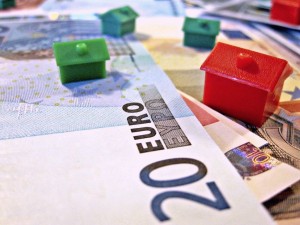septiembre 18, 2016
Whether you are selling or buying property in Spain certain requirements must be met and procedures followed to ensure the purchase complies with Spanish Law and regulations.
Legal representation and assistance is particularly necessary in Spain when purchasing or selling property. The Conveyancing process in Spain involves different degrees of participation by various parties: the seller, their legal representative, the real estate agent, the accountant, a notary public, the registrar, utilities companies, the town hall, banks, and in some cases the local courts, regional authorities, etc.
The lawyer will ensure that all parties are appropriately co-ordinated and followed-up with and will perform an investigation to ensure that the property is purchased without any previous charge or liability that could incur additional costs or reduce the property’s value.
To make sure that both parties are completely aware of the conditions of the property and the sale to allow for a “safe sale”, certain information has to be gathered by buyer and seller, such as:
- Searches on the legal status of the property and the developer/seller, so as to discover any issues that may influence the buyer’s decision or conditions of the purchase.
- Acquire an Energy Performance certificate for constructions, mandatory before even advertising the sale of the property and the seller’s responsibility.
- Liaise and agree with the seller and/or lawyers in respect of terms and conditions of the purchase, ensuring compliance with Spanish Law.
- Make preparations at the Notary Public for completion of the purchase or any further preparations required relating to the purchase (power of attorney, division or grouping of property, etc.).
- Ensure title deeds are properly registered in the appropriate local Land Registry.
- Make sure the property is free from all charges and encumbrances, as well as free from occupants and tenants.
- Payment of the relevant taxes associated with the purchase.
- Locate, negotiate and obtain a mortgage loan to finance the purchase of the property.
- Obtain a NIE (Número de Identificación de Extranjeros), necessary for all foreigners buying or selling in Spain.

The steps involved in conveyancing can be confusing when you are selling property in another country. With our
knowledge of property selling practices both in Spain and in your home country, we can ensure that you understand the process.
If the proper investigations are not made and the proper process is not followed, it could result in high extra costs, future legal proceedings, steep tax fines, etc. It is always preferable to be properly advised.
Gabriella Mary Trussler Rowland
Lawyer
4408 Ilustre Colegio de Abogados de Almería




